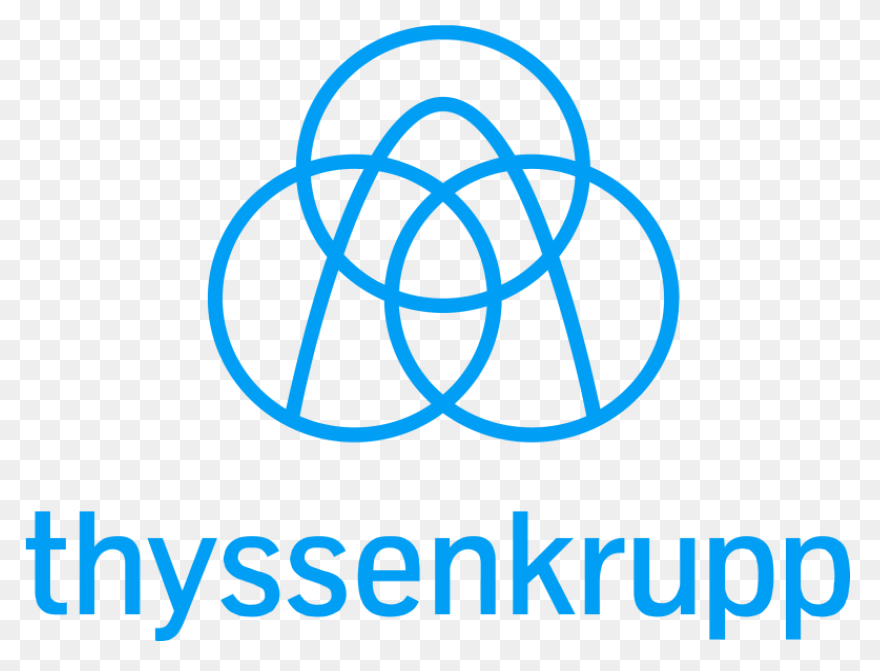(IT) Service and Support Management
Partnering with catworkx ensures that your service management system is not only efficient but also strategically aligned with business goals, enhancing visibility, reducing costs, and increasing agility.
Get started!Service Management with ITIL, TOGAF, and AI
Based on ITIL best practices and boosted with TOGAF and AI tools, service management is a transformative approach that enables organizations to streamline processes, enhance customer satisfaction, and drive operational excellence. By leveraging these methodologies, businesses can ensure that their SM strategies are efficient and adaptable to the ever-evolving business landscape, helping to build trust within organizations.
catworkx is an ideal solution partner for implementing pragmatic ITIL-compliant service management solutions using Atlassian products combined with our Marketplace App Vendor Partners. We focus on meeting specific organizational needs and empowering your business to future-proof its operations.
A modernized approach to ensure continuous improvement:
ITIL Framework
The IT Infrastructure Library (ITIL) is a globally recognized set of practices for IT service management (ITSM) that aligns IT services with the business's needs.
Implementing service management with an ITIL-based approach ensures a structured, standardized process that reduces risks, minimizes downtime, and enhances overall service delivery. catworkx's expertise in ITIL-compliant workflows using Atlassian products ensures operations are aligned with best practices, optimizing the entire IT services lifecycle from strategy to continuous improvement.
TOGAF Transformation Framework:
The TOGAF (The Open Group Architecture Framework) framework provides a structured approach to enterprise architecture, ensuring that business and IT are aligned.
catworkx leverages TOGAF principles to structure service management to harmonize with an organization's long-term goals and infrastructure. This holistic approach not only supports day-to-day IT services but also guides digital transformation initiatives, positioning the company for scalable growth and agility.
AI-Enabled Service Management
AI-powered features, such as predictive analytics, automated responses, and sentiment analysis, bring an extra layer of efficiency to service management.
By integrating AI into Atlassian's service management tools, catworkx contributes to proactive incident resolution, reducing response times and enabling agents to focus on complex issues. Leveraging AI capabilities helps your teams better understand user needs, anticipate future problems, and improve overall service quality.
Explore Our Service Management Solutions:
IT Service Management
Asset Management
Enterprise Service Management
Omnichannel Customer Service
SLA and Queues
Incident Management
HR Service
Flexible Workflow configured by request types
Service Management
Service Management Essentials
Service Management Journey
Field Service Management
A Comprehensive Approach to Operational Excellence at All Levels
Enhancing decision-making for executives
Strategic IT-Business Alignment through TOGAF
catworkx uses TOGAF principles to ensure service management aligns with business strategies, helping leaders drive digital transformation initiatives that maximize ROI and operational efficiency.
Enhanced Decision-Making through AI and Analytics
With AI capabilities integrated into Atlassian products, catworkx provides data-driven insights and predictive analytics, enabling executives to make informed decisions and anticipate challenges.
Scalable and ITIL-Compliant Implementation
Following ITIL best practices ensures streamlined, standardized workflows that support compliance, mitigate risks and improve overall service quality.
Optimizing processes for service management teams
ITIL-Based Process Standardization
catworkx configures Atlassian tools according to ITIL guidelines, ensuring consistency in service delivery, optimized response times, and effective problem management.
Proactive Management with AI Capabilities
AI-based insights allow teams to monitor and predict incidents, reducing downtime and enabling preventive maintenance. This increases the team’s ability to respond effectively and enhances user satisfaction.
Enterprise Transformation with TOGAF
catworkx leverages TOGAF to structure service management around an enterprise architecture approach, ensuring that service improvements are strategically aligned with business transformation initiatives.
Simplifying workflows for service desk agents
Simplified Processes with ITIL-Compliant Workflows
catworkx designs workflows that follow ITIL standards, making processes more intuitive and efficient, so agents can resolve tickets faster and with greater confidence.
Enhanced Support through AI-Powered Tools
AI-driven automation assists agents in routine tasks, provides suggested solutions, and helps prioritize tickets based on urgency, allowing agents to focus on higher-priority requests and improve service quality.
Access to Knowledge and Documentation
catworkx configures Atlassian’s knowledge base with easy access to critical information, equipping agents with the resources they need for quicker, high-quality responses.
Why catworkx?
catworkx’s expertise in ITIL, AI-enabled service management, and the TOGAF framework makes us the ideal partner for organizations seeking future-ready service management solutions. What makes catworkx stand out is our holistic approach with a primary focus on the specific needs of each organization. We don't offer generic options but deliver comprehensive, well-customized packages that meet the needs of both C-level leaders, service management teams, and service desk agents. This way, catworkx helps you align service management with strategic goals while embedding AI for operational efficiency and ensuring compliance with ITIL best practices.
With catworkx, you get more than a service management solution — you gain a strategic partner for operational excellence, digital transformation, and scalable growth. Let us future-proof your operations today!

Technical Foundation
Our service management solutions are configured to be easily maintained and provide maximum flexibility for your service management teams.
Service Management Journey
Embark on a structured Journey to enhance service management using the Service Management Maturity Model. Assess, implement, and scale up with expert guidance.
ITSM Assessment
Our ITSM Maturity Assessment is designed to evaluate and optimize your organization’s service management practices.
Implementation Offer
Boost efficiency and productivity with IT Service Management solutions. Streamline operations, enhance customer satisfaction, and implement best practices for high-velocity service delivery.
Customers about catworkx service management solutions
_e3503519-692b-4d43-aaa7-465bf0e514d6.png)
Transforming IT Support with Teams, Jira, yasoon & catworkx
"This is no longer just IT support — it’s a platform for broader process automation."
Boris Linden
mobilezone
Collaboration and innovation: FLYERALARM relies on Atlassian Cloud
"The Atlassian tools, especially Jira, have played a key role in helping the various FLYERALARM teams work more closely together."
Ben Verberkt
Programm Master IT Governance & Enterprise Application

Efficient migration: How the city of Göttingen moved Jira Service Management to the cloud
"Thanks to the customised ITSM solution from catworkx, we were able to optimise our service processes, reduce downtime and significantly increase the efficiency of our IT team. The professional advice and in-depth Atlassian expertise of catworkx have taken our IT service management to a new level."
Marc Hoffmüller
Digital Department Administrative Digitisation Service

Transfer of Atlassian Tools from Shadow IT to ITIL IT Operations
"catworkx and thyssenkrupp Marine Systems now have a long-standing partnership. "The high functionality of Atlassian's tools enabled a first-class digital mapping of many of our processes"

Tobias Dieckmann
Senior Manager IT Demand Management

New Service Portal for Effective Work of 95 Studios (FitX)
"It is extremely impressive how fit TIMETOACT is in terms of technical implementation. We had the feeling that we were very well looked after, as the consultants knew exactly what they were doing. We could rely on everything being built and implemented properly at all times."
Tina Wichmann
Team Lead Application Management

Centrally controlled project portfolio management at Wienerberger with Jira software and Teamworkx Cloud Hosted
"We chose the hybrid version, the Teamworkx Cloud Hosted from catworkx, because the solution works like a cloud system, but is still very flexible."

Manfred Heger
Why Performance Matters
Read review
Would you like to optimize your support and service processes?
Then you've come to the right place! We have the tools and the know-how to bring structure and efficiency to your processes within the shortest possible time.
Feel free to contact us. The initial consultation is non-binding and free of charge!
Service Management Resources:




.png?width=64&height=64&name=ITIL%20Foundation%20(2).png)





